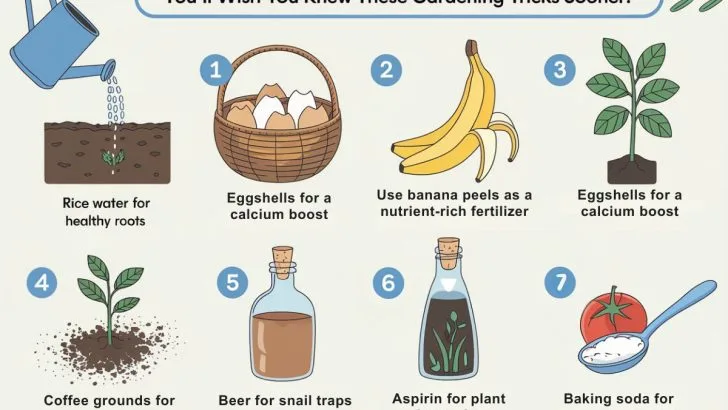Gardening is a popular pastime for many, bringing joy, tranquility and a deeper connection with nature.
It doesn’t matter whether you have a sprawling garden, a modest balcony or a few potted plants on your windowsill; gardening can transform spaces and lives alike.
With a few helpful tips and tricks, you can make your gardening more efficient, productive and enjoyable.
This article will explore the top 15 gardening tips that can benefit both beginners and experienced gardeners.
Whether you are looking for ways to optimize your garden’s yield, save time, or simply have more fun gardening, these tips are sure to inspire you.
Dive into the rest of this article to discover practical and innovative solutions that will take your gardening skills to the next level.
1. Rice water for healthy roots
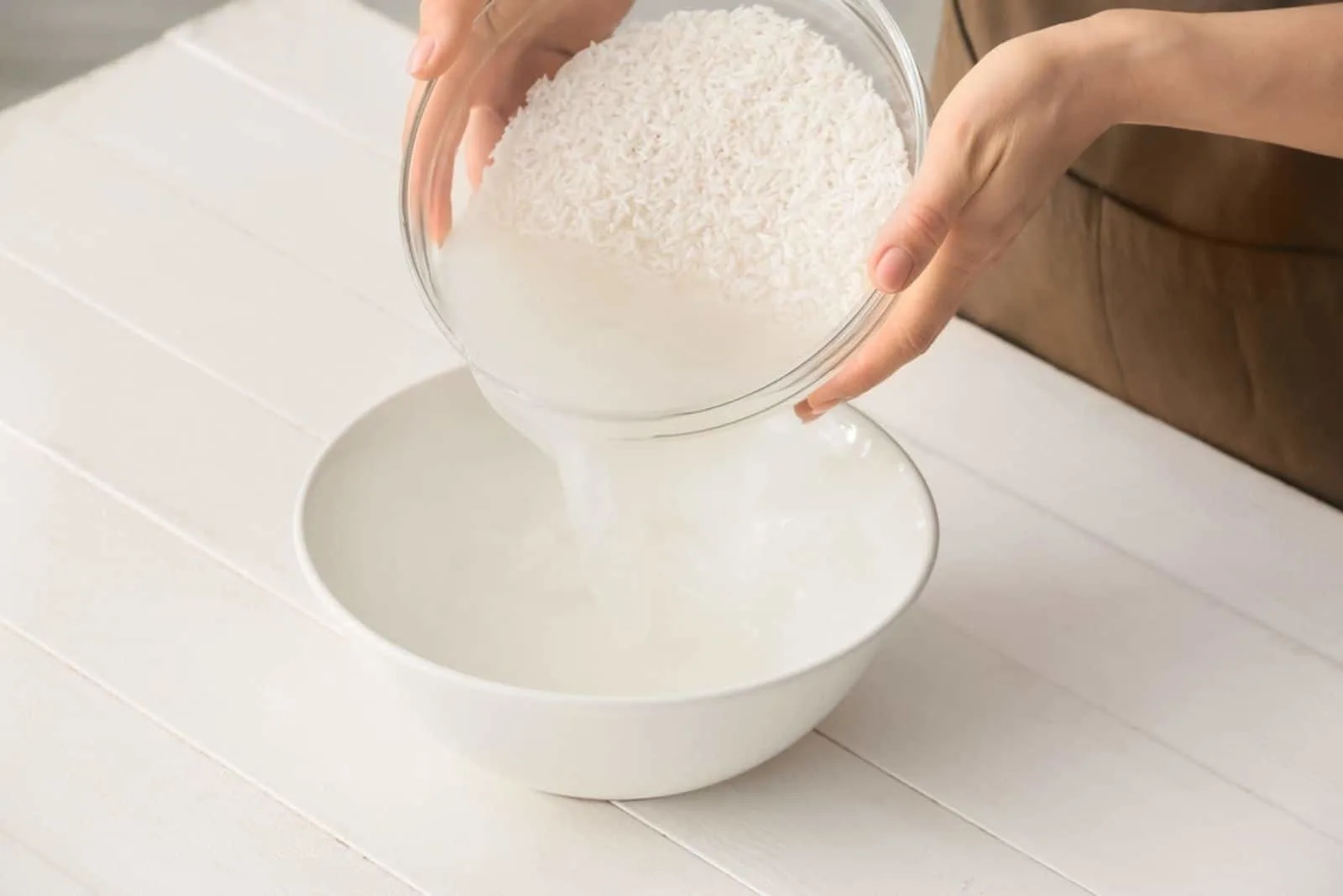
How to do it: Save the water you use to rinse rice, let it cool, and water your plants with it once a week.
Why it works: Rice water is rich in vitamins, minerals, and amino acids that promote root growth and overall plant health. The starch in the water helps feed beneficial soil bacteria, which in turn improves nutrient absorption by plants.
Pro tip: Use rice water on different plants to see which ones benefit the most.
2. Eggshells for a calcium boost
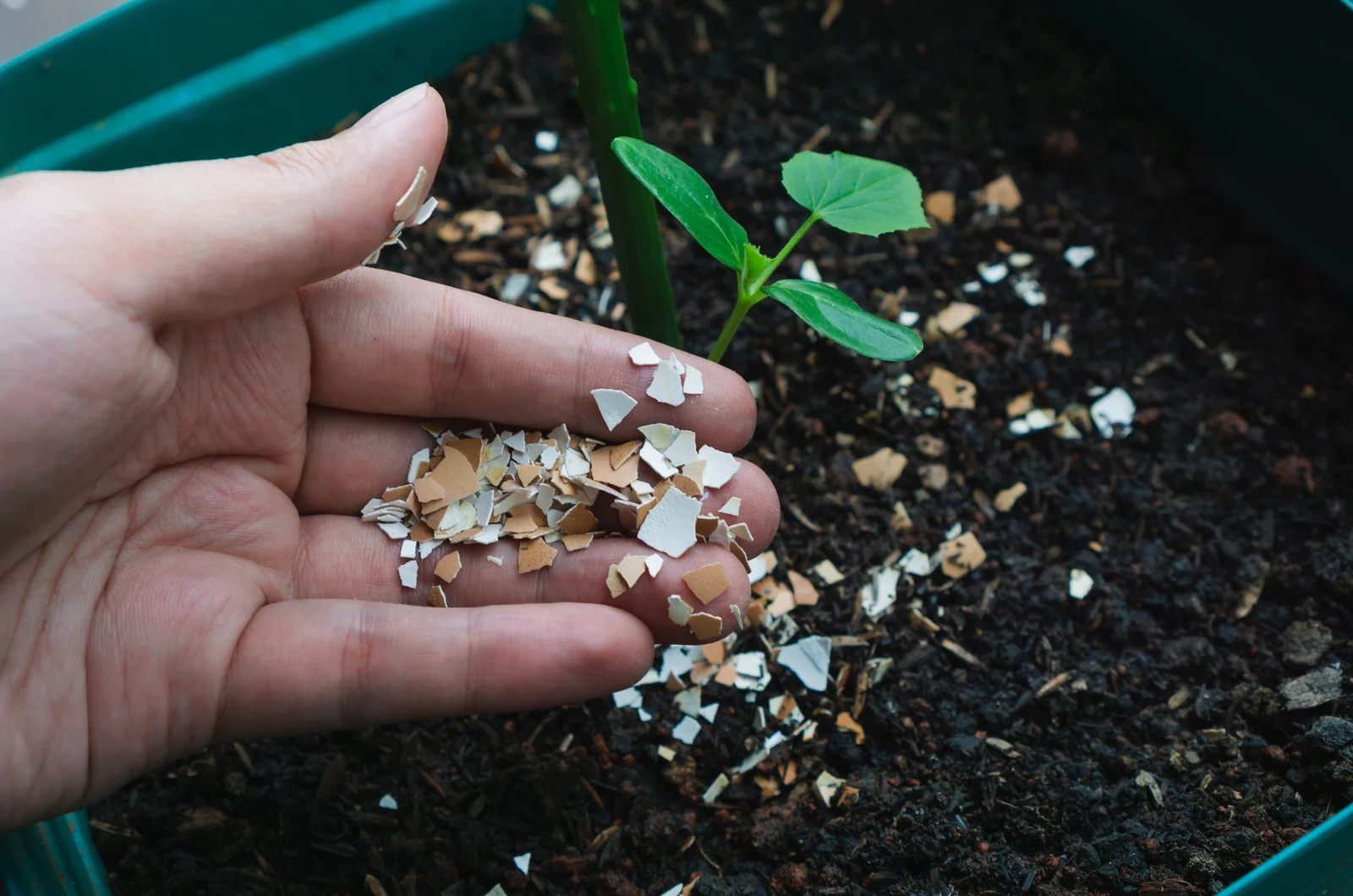
How to: Rinse and dry eggshells, then crush them into a fine powder. Sprinkle this powder around the base of your plants or mix it into the soil.
Why it works: Eggshells are an excellent source of calcium, which is important for building plant cell walls. This helps to prevent problems such as blossom end rot in tomatoes and peppers.
Pro tip: Mix eggshells into your compost for an even distribution of calcium.
3. Hydrogen peroxide for dying plants
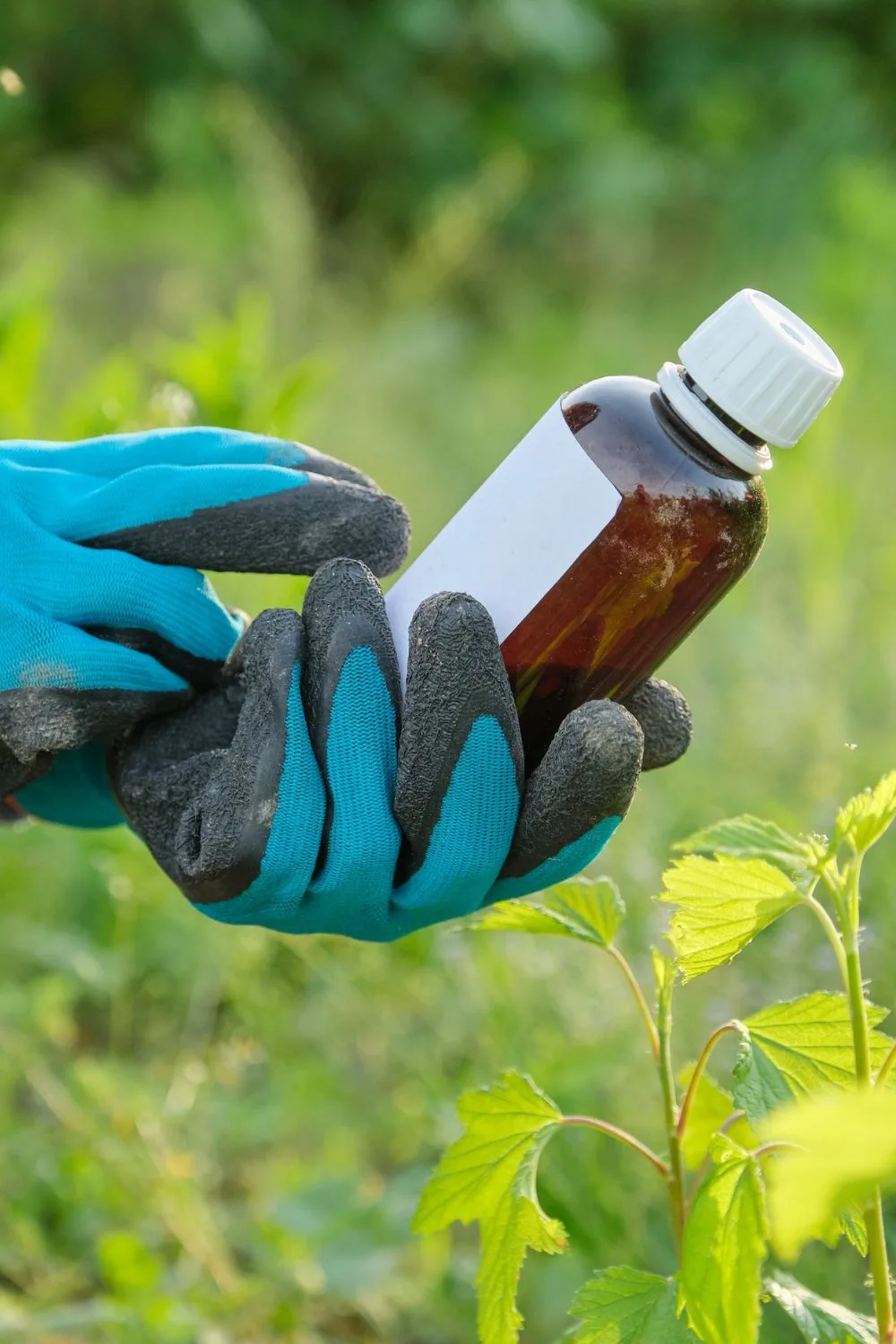
How to do it: Mix one part 3% hydrogen peroxide with ten parts water. Water your plants with this solution once a month.
Why it works: Hydrogen peroxide adds oxygen to the soil, which can help revive dying plants. It also has anti-fungal and anti-bacterial properties that can help keep root disease at bay.
Pro tip: Test the solution in a small area first to make sure your plant responds well.
4. Use banana peels as a nutrient-rich fertilizer
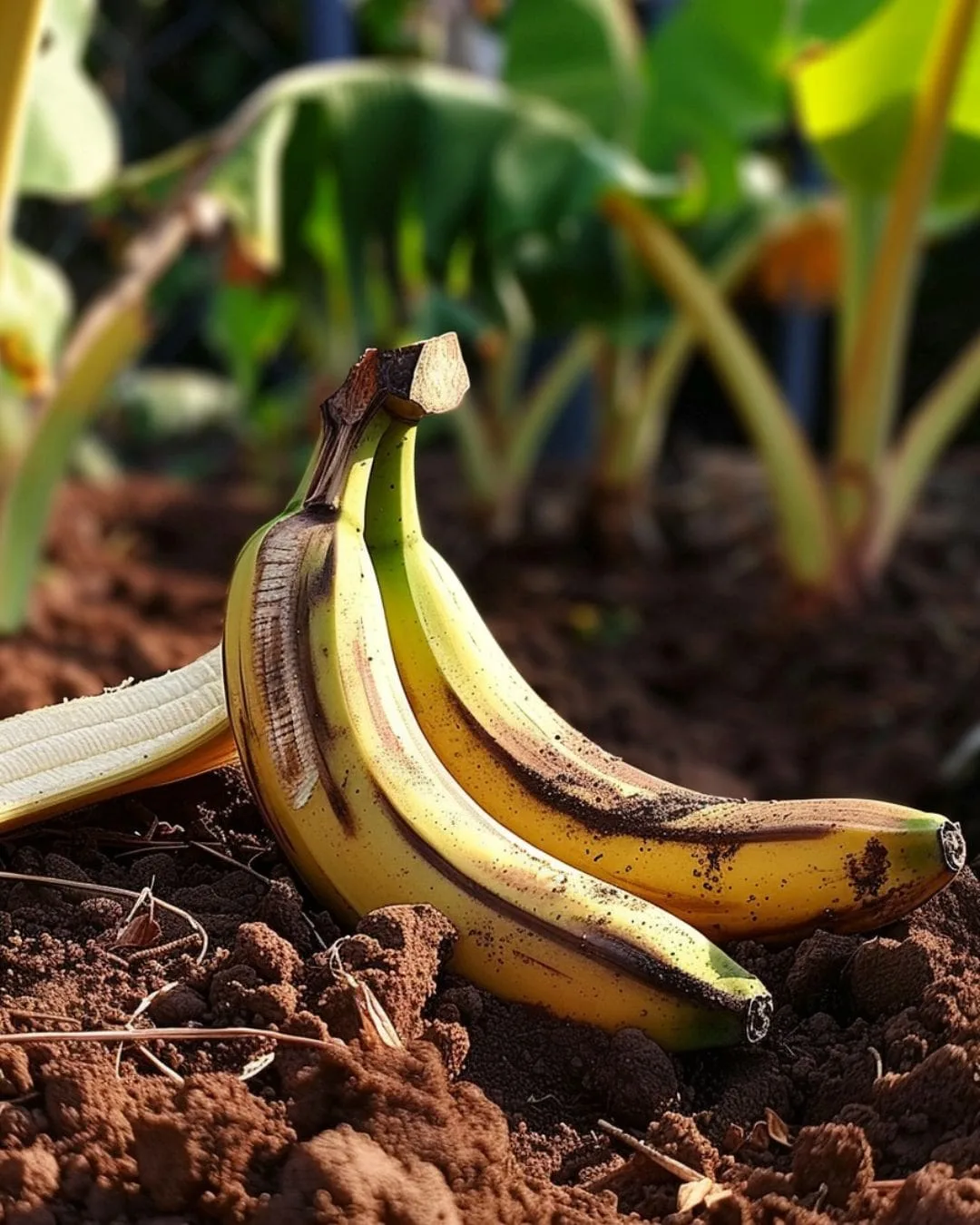
How to: Cut banana peels into small pieces and bury them around the base of your plants.
Why it works: Banana peels break down and release potassium, phosphorus and calcium into the soil. These nutrients are important for flowering and fruit-bearing plants.
Pro tip: Mix banana peels with water to create a quick liquid fertilizer.
5. Coffee grounds for acid-loving plants
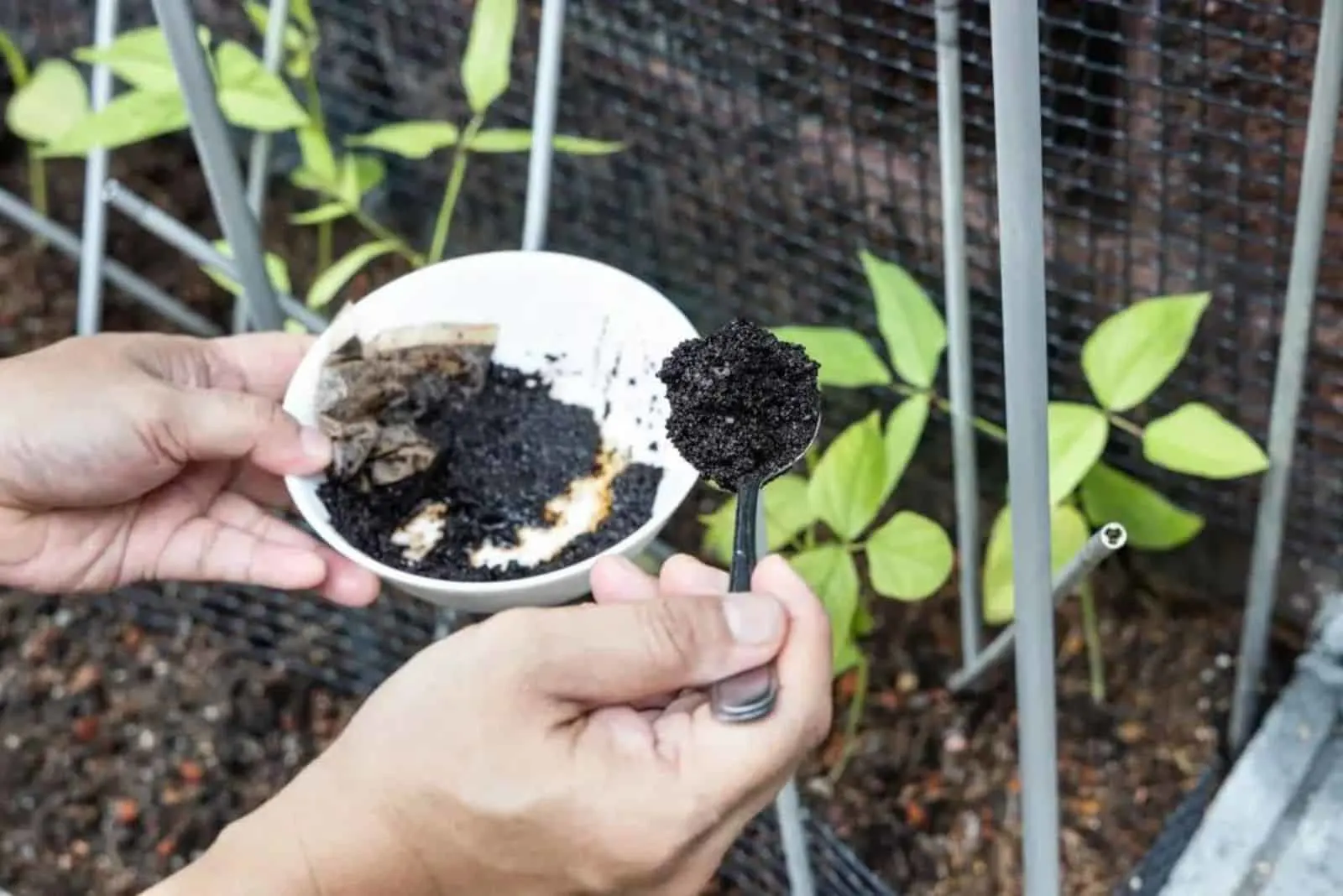
How to: Collect used coffee grounds and mix them into the soil or use them as mulch around acid-loving plants such as blueberries, roses and azaleas.
Why it works: Coffee grounds are slightly acidic and rich in nitrogen, which can help improve soil structure and provide important nutrients.
Pro tip: Dry the coffee grounds before using them to prevent mold growth.
6. Epsom salt for greener foliage
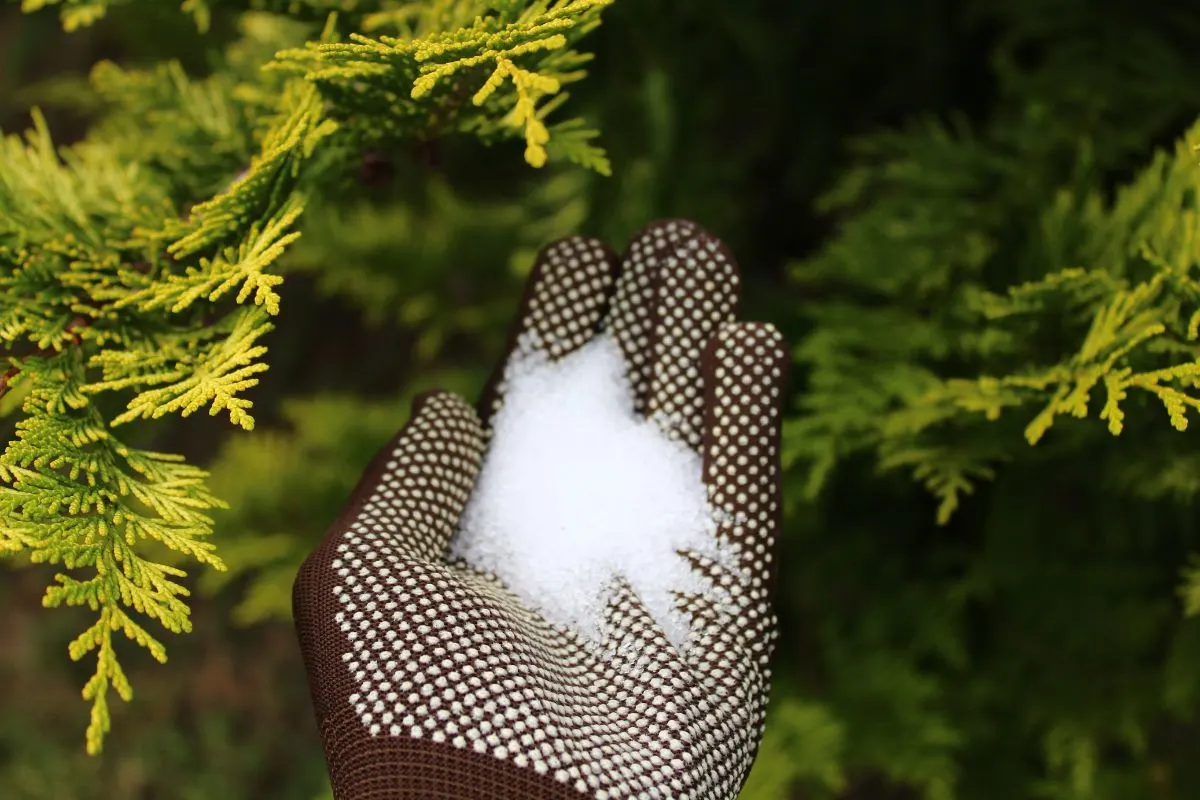
How to: Dissolve 1 tablespoon of Epsom salt in a gallon of water and water your plants with this solution once a month.
Why it works: Epsom salt provides magnesium, which is essential for photosynthesis and helps plants absorb other key nutrients, resulting in greener, healthier leaves.
Pro tip: Use a foliar spray so the magnesium is absorbed faster by the leaves.
Related topic: 9 Highly Effective Natural Weed Control Methods
7. Cinnamon for fungus prevention
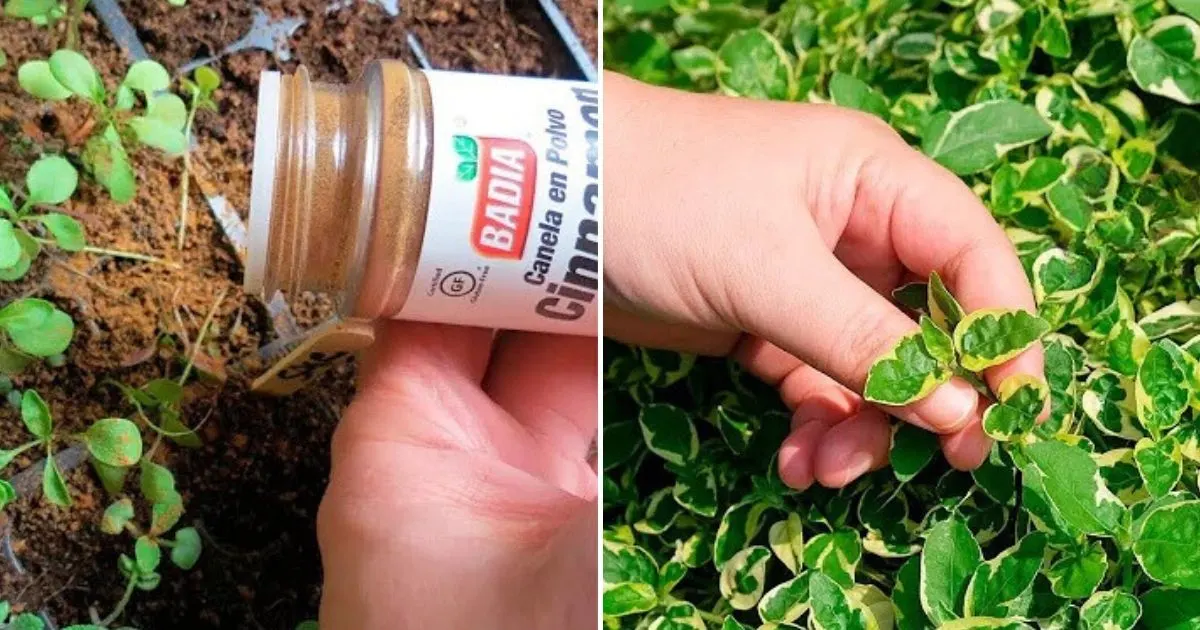
How to: Sprinkle cinnamon powder on the soil and around seedlings.
Why it works: Cinnamon has natural antifungal properties that can help prevent fungal diseases and other fungal infections in young plants.
Pro tip: Mix cinnamon with water and spray it on plant leaves for added protection.
8. Milk against powdery mildew
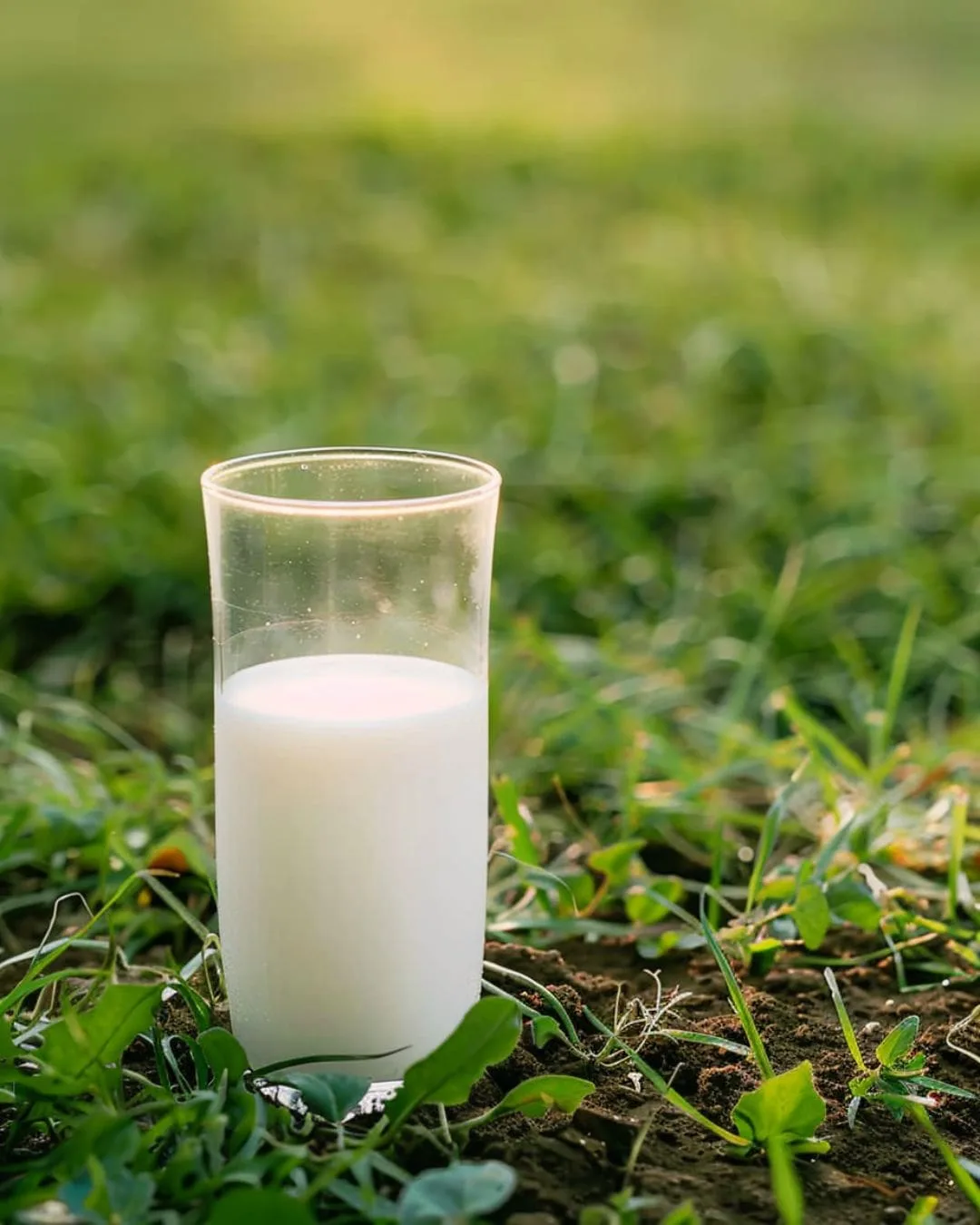
How to: Mix one part milk with two parts water and spray the solution onto the affected plants.
Why it works: Milk has natural anti-fungal properties and can be used to prevent and treat powdery mildew, a common plant disease.
Pro tip: Use this solution early in the morning or late at night to avoid leaf burns.
9. Aspirin for plant immunity
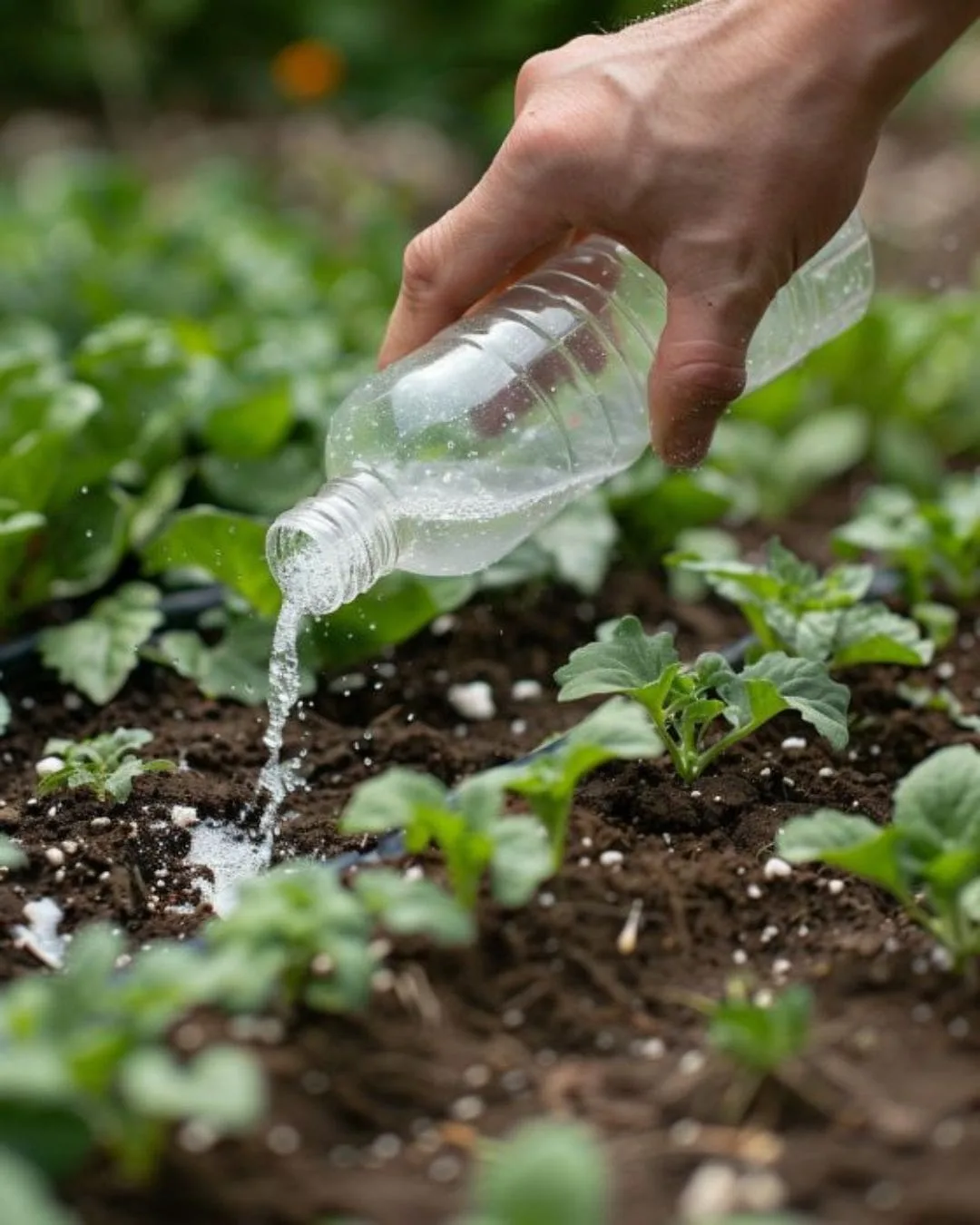
How to: Dissolve one aspirin tablet in a gallon of water and water your plants with it every three weeks.
Why it works: Aspirin contains salicylic acid, which can boost a plant’s immune system, helping it to resist disease and pests.
Pro tip: Use uncoated aspirin for best results.
10. Vinegar for weed control
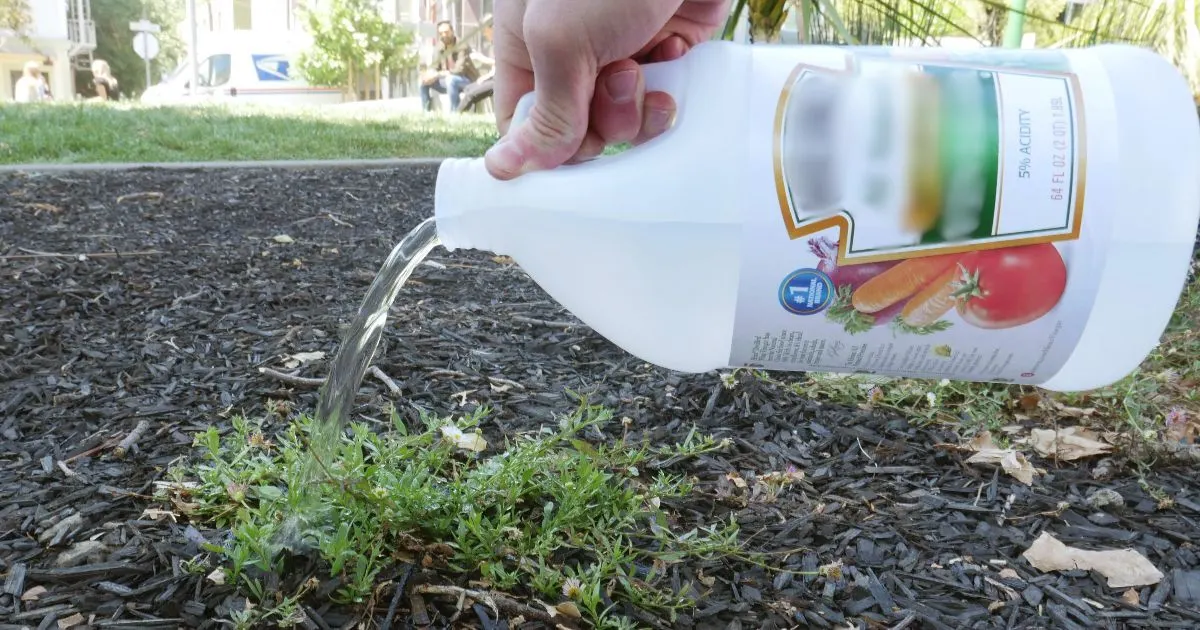
How to: Spray pure white vinegar directly onto weeds, taking care to avoid the plants you want to keep.
Why it works: Vinegar is highly acidic and can kill weeds by drying them out. It is an effective and environmentally friendly alternative to chemical herbicides.
Pro tip: Apply vinegar on a sunny day for faster results.
11. Honey for rooting cuttings
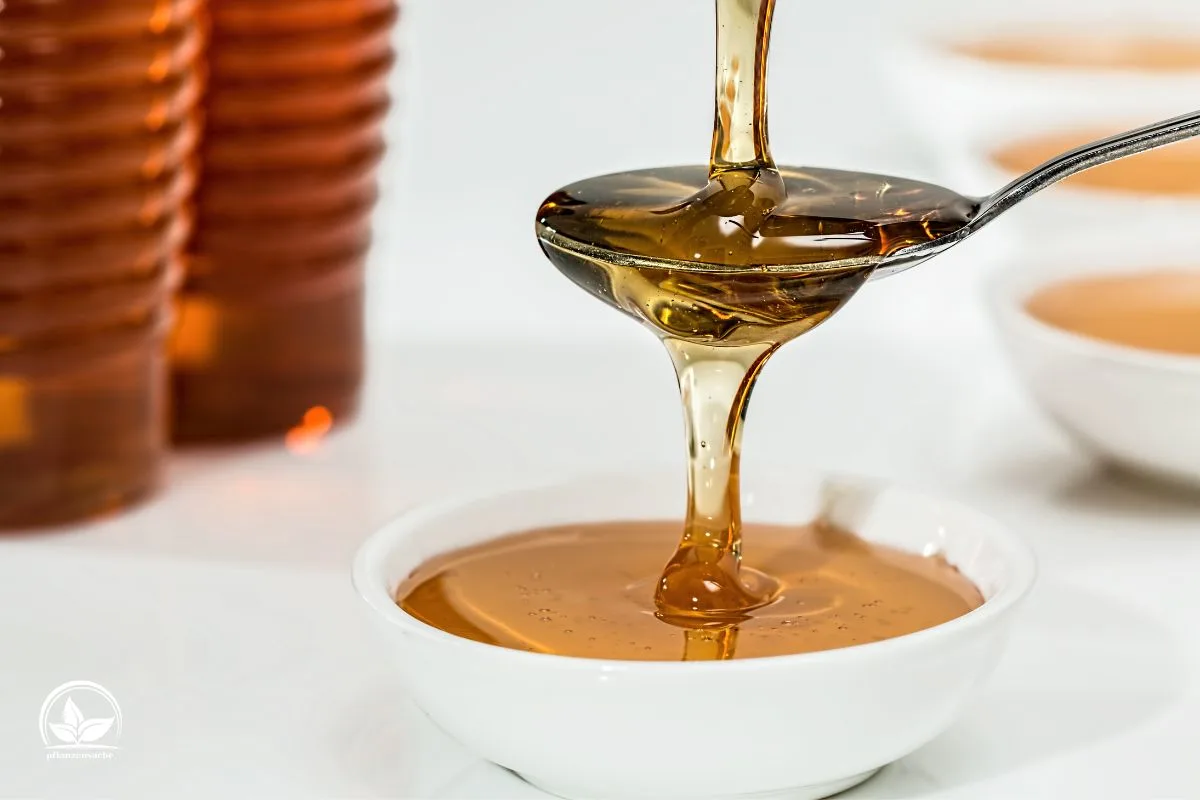
How to: Dip the cut end of a plant cutting in honey before planting it in the ground.
Why it works: Honey has natural antibacterial and antifungal properties that protect the cutting from infection while promoting root growth.
Pro tip: Combine honey with rooting hormone for even better results.
12. Beer for snail traps
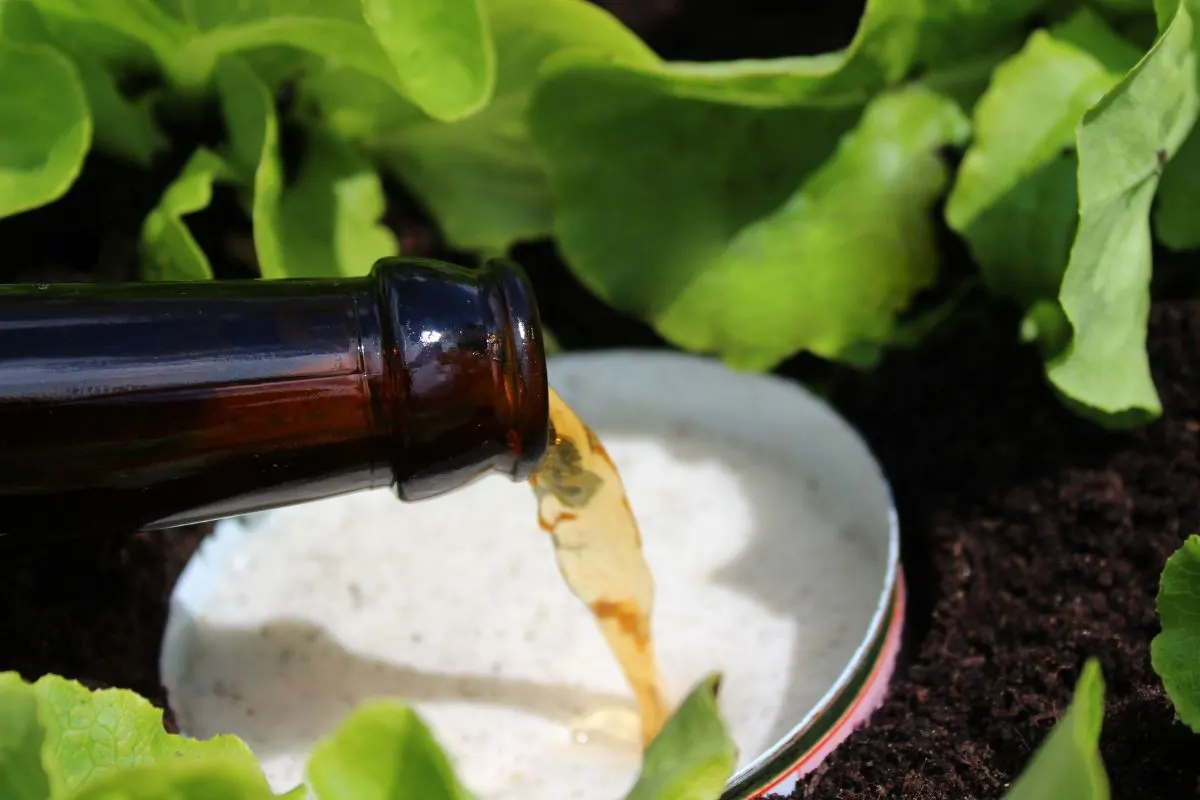
How to: Fill a container with beer and bury it up to the rim near the affected plants.
Why it works: Snails are attracted to the yeast in beer and crawl in, but can’t crawl out, so they get trapped.
Pro tip: Replace the beer every few days to keep the trap effective.
13. Sugar for pest control

How to do it: Dissolve 2 tablespoons of sugar in one liter of water and spray it on plants infested with aphids.
Why it works: Sugar water can attract beneficial insects like ladybugs, which feed on aphids and help control their population.
Pro tip: Use a spray bottle with a fine mist setting to ensure even distribution.
14. Chamomile tea for seedlings
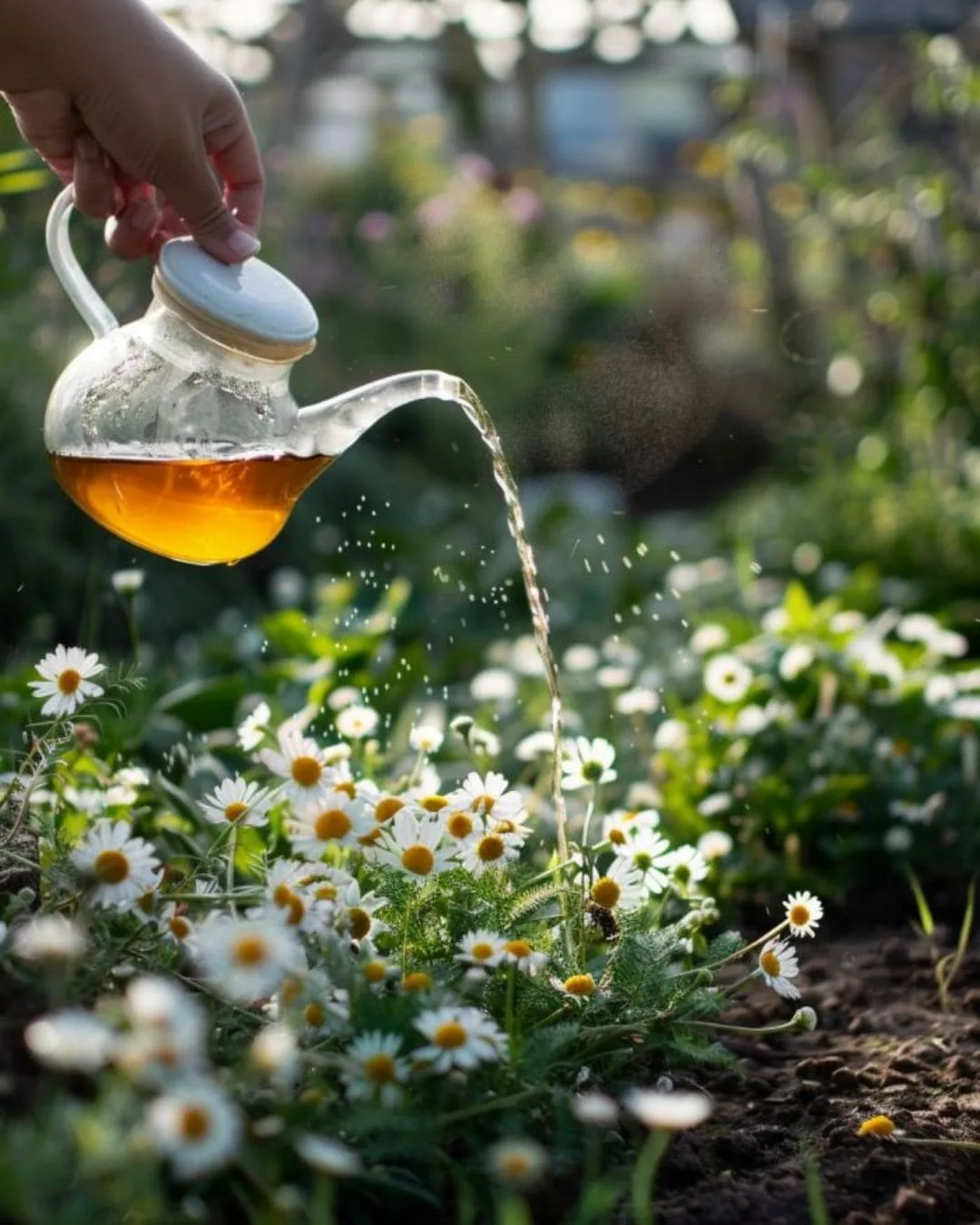
How to: Brew a cup of chamomile tea, let it cool, and use it to water seedlings.
Why it works: Chamomile tea has natural anti-fungal properties that can help prevent fungal diseases and other fungal problems in young plants.
Pro tip: Water seedlings with chamomile tea twice a week for optimal protection.
15. Baking soda for sweeter tomatoes
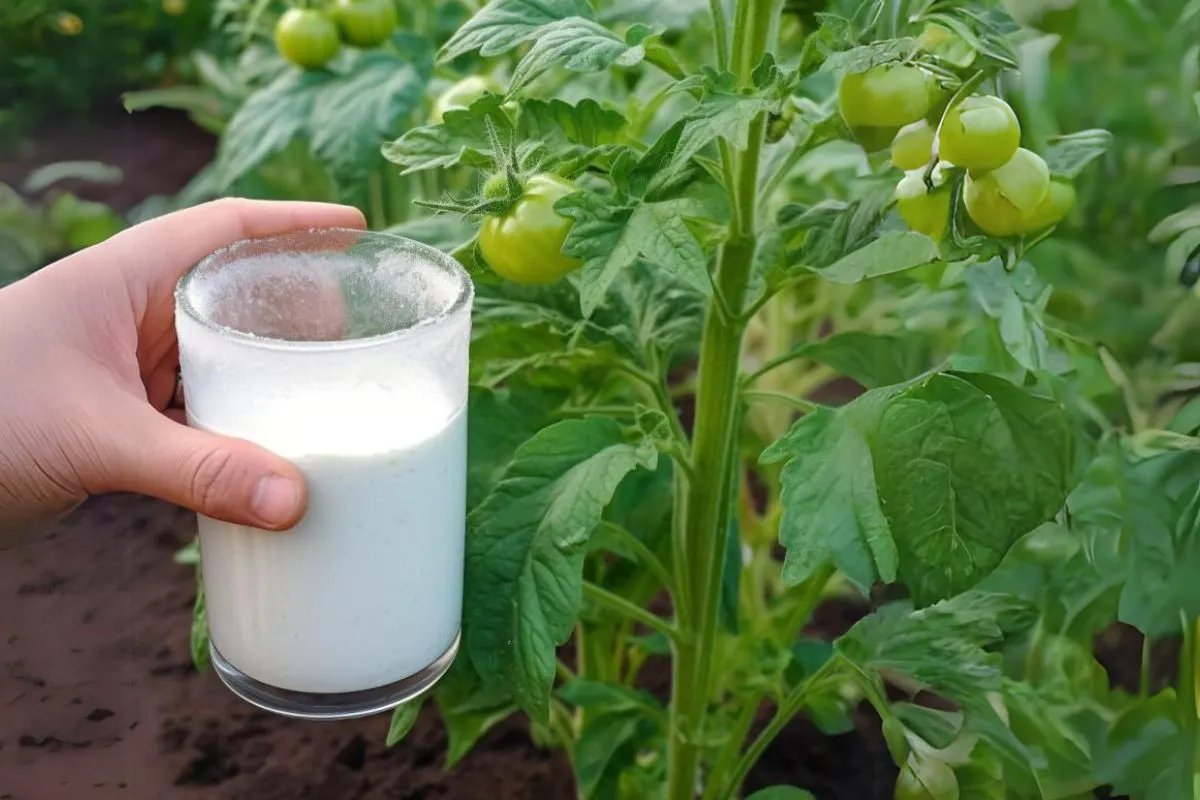
Here’s how: sprinkle a small amount of baking soda on the soil around your tomato plants.
Why it works: Baking soda reduces the acidity of the soil, which can lead to sweeter tomatoes because the plant absorbs fewer acidic compounds.
Pro tip: Be careful not to use too much, as too much baking soda can harm plants.
Each of these tips is a simple but effective way to improve your gardening.
Try incorporating some (or all) into your routine and watch your garden flourish.
Happy gardening!

